Mitosana Astaxanthin Bonbons 30 Stück
Mitosana Astaxanthin Bonbons 30 Stück
28,50 CHF
Nahrungsergänzungsmittel mit hochdosiertem Astaxanthin, Vitamin B12, Hyaluronsäure und Grüntee. Astaxanthin wird aus der Alge Haematococcus Pluvialis gewonnen und ist ein starkes Antioxydans. Vitamin B12 trägt zu einer normalen Funktion des Immunsystems und der Zellteilung bei.
Die neuen Mitocell Astaxanthin Bonbons mit verbesserter Rezeptur - 8 mg Astaxanthin je Bonbon
Kurzbeschreibung:
Nahrungsergänzungsmittel mit hochdosiertem Astaxanthin, Vitamin B12, Hyaluronsäure und Grüntee. Astaxanthin wird aus der Alge Haematococcus Pluvialis gewonnen und ist ein starkes Antioxydans. Vitamin B12 trägt zu einer normalen Funktion des Immunsystems und der Zellteilung bei.
Die Darreichung als Bonbon vereinfacht die Ergänzung einer gesunden Ernährung mit Vitalstoffen, welche die Abwehrkräfte sowie den Zellschutz unterstützen sollen. Natürliches Grüntee-Aroma gibt dem Produkt einen feinen und angenehmen Geschmack. Lezithin und Hyaluronsäure sorgen für eine gute Aufnahme und Bioverfügbarkeit.
Zuckerfrei, laktosefrei, glutenfrei und vegan
Mit Astaxanthin-Bonbons geschmackvoll das Immunsystem unterstützen
Anwendung:
1 x täglich 1 Stück lutschen.
Empfohlene Verzehrmenge nocht überschreiten.
Inhalt:
30 Stück (Bonbon)
8 mg Astaxanthin, 5 mg Hyaluronsäure, 2.5 ug Vitamin B12 (100% NRV) Süssungsmittel Erythrit, natürliches Grüntee-Aroma, Zitronensäure, Astaxanthin aus der Alge Haematococcus Pluvialis, natives Olivenöl extra,
Emulgator: Sonnenblumenlecithin, natürliche Aromen, Cyanocobalamin (Vitamin B12)
Astaxanthin ist ein natürlicher Farbstoff, der für Furore in der Naturheilkunde sorgt. Der Name setzt sich aus dem griechischen αστακός (astakós) für Hummer und ξανθός (xanthós) für gelb zusammen. Chemisch zählt Astaxanthin zu den sogenannten Xanthophyll-Carotinoiden.
Nur Cyanobakterien und Grünalgen wie Haematococcus pluvialis können Astaxanthin bilden; in Lachs und Hummer gelangt es, indem die Tiere diese zu sich nehmen, wodurch sie ihre rötliche Färbung erhalten. Der in hoher Konzentration rotviolette Farbstoff wird in den Zellen gespeichert und schützt die Konsumenten vor freien Radikalen und oxidativen Stress.
Dabei ist zu berücksichtigen, dass oxidativer Stress eine der wichtigsten Ursachen von Entzündungen darstellt. Durch das alarmierte Immunsystem hervorgerufene entzündliche Prozesse spielen bei zahlreichen akuten und chronischen Erkrankungen eine Rolle.
Im Gegensatz zu vielen anderen Vitalstoffen werden Astaxanthin interessante Eigenschaften zugesprochen, hierzu zählen:
- es überwindet die Blut-Hirn-Schranke,
- verteilt sich in allen Zellen des Körpers und
- wird in die Netzhaut eingelagert.
So soll es seine förderlichen Eigenschaften als Antioxidans gegen freie Radikale auch im Gehirn und im zentralen Nervensystem entfalten und Entzündungen im Organismus hemmen. Darüber hinaus wird eine positive Wirkung von Astaxanthin bei folgenden Krankheiten diskutiert und in zahlreichen Studien untersucht:
- Nervensystem
- Alzheimer
- Parkinson
- ischämischer Schlaganfall
- Neuropathien
- Rückenmarksverletzungen
- Depressionen
- Autismus
- Auge
- trockenes Auge (Sicca-Syndrom)
- altersbedingte Makuladegeneration (AMD)
- Glaukom (grüner Star)
- Katarakt (grauer Star)
- Keratopathie
- Magen-Darm-Trakt
- Diabetes
- Morbus Crohn
- Colitis ulcerosa
- Autoimmun-Hepatitis
- Magenschleimhautentzündungen durch Helicobacter pyloris
- Herz-Kreislauf
- Bluthochdruck
- koronare Herzkrankheit
- Arteriosklerose
- Atemwege
- COVID-19
- Muskeln und Gelenke
- rheumatoide Arthritis
- Muskelatrophie
- Haut
- Schuppenflechte
- Sonnenbrand
- Hautalterung
- Krebs
- Colonkarzinom
- Melanom#
- Bronchialkarzinom
Quellen und wissenschaftliche Untersuchungen zu Astaxanthin
1. Brendler T, Williamson EM. Astaxanthin: How much is too much? A safety review. Phytother Res. 2019 Dec;33(12):3090-3111. doi: 10.1002/ptr.6514. Epub 2019 Dec 1. PMID: 31788888 Review.
2. Catanzaro E, Bishayee A, Fimognari C. On a Beam of Light: Photoprotective Activities of the Marine Carotenoids Astaxanthin and Fucoxanthin in Suppression of Inflammation and Cancer. Mar Drugs. 2020 Oct 30;18(11):544. doi: 10.3390/md18110544. PMID: 33143013 Free PMC article. Review.
3. Chang MX, Xiong F. Astaxanthin and its Effects in Inflammatory Responses and Inflammation-Associated Diseases: Recent Advances and Future Directions. Molecules. 2020 Nov 16;25(22):5342. doi: 10.3390/molecules25225342. PMID: 33207669 Free PMC article. Review.
4. Choi CI. Astaxanthin as a Peroxisome Proliferator-Activated Receptor (PPAR) Modulator: Its Therapeutic Implications. Mar Drugs. 2019 Apr 23;17(4):242. doi: 10.3390/md17040242. PMID: 31018521 Free PMC article. Review.
5. Davinelli S, Nielsen ME, Scapagnini G. Astaxanthin in Skin Health, Repair, and Disease: A Comprehensive Review. Nutrients. 2018 Apr 22;10(4):522. doi: 10.3390/nu10040522. PMID: 29690549 Free PMC article. Review.
6. Fakhri S, Abbaszadeh F, Dargahi L, Jorjani M. Astaxanthin: A mechanistic review on its biological activities and health benefits. Pharmacol Res. 2018 Oct;136:1-20. doi: 10.1016/j.phrs.2018.08.012. Epub 2018 Aug 17. PMID: 30121358 Review.
7. Fakhri S, Aneva IY, Farzaei MH, Sobarzo-Sánchez E. The Neuroprotective Effects of Astaxanthin: Therapeutic Targets and Clinical Perspective. Molecules. 2019 Jul 20;24(14):2640. doi: 10.3390/molecules24142640. PMID: 31330843 Free PMC article. Review.
8. Faraone I, Sinisgalli C, Ostuni A, Armentano MF, Carmosino M, Milella L, Russo D, Labanca F, Khan H. Astaxanthin anticancer effects are mediated through multiple molecular mechanisms: A systematic review. Pharmacol Res. 2020 May;155:104689. doi: 10.1016/j.phrs.2020.104689. Epub 2020 Feb 11. PMID: 32057895 Review.
9. Giannaccare G, Pellegrini M, Senni C, Bernabei F, Scorcia V, Cicero AFG. Clinical Applications of Astaxanthin in the Treatment of Ocular Diseases: Emerging Insights. Mar Drugs. 2020 May 1;18(5):239. doi: 10.3390/md18050239. PMID: 32370045 Free PMC article. Review.
10. Imokawa G. The Xanthophyll Carotenoid Astaxanthin has Distinct Biological Effects to Prevent the Photoaging of the Skin Even by its Postirradiation Treatment. Photochem Photobiol. 2019 Mar;95(2):490-500. doi: 10.1111/php.13039. Epub 2018 Dec 1. PMID: 30338860 Review.
11. Kang H, Kim H. Astaxanthin and beta-carotene in Helicobacter pylori-induced Gastric Inflammation: A Mini-review on Action Mechanisms. J Cancer Prev. 2017 Jun;22(2):57-61. doi: 10.15430/JCP.2017.22.2.57. Epub 2017 Jun 30. PMID: 28698858 Free PMC article. Review.
12. Landon R, Gueguen V, Petite H, Letourneur D, Pavon-Djavid G, Anagnostou F. Mar Impact of Astaxanthin on Diabetes Pathogenesis and Chronic Complications. Drugs. 2020 Jul 9;18(7):357. doi: 10.3390/md18070357. PMID: 32660119 Free PMC article. Review.
13. Li J, Guo C, Wu J. Astaxanthin in Liver Health and Disease: A Potential Therapeutic Agent. Drug Des Devel Ther. 2020 Jun 9;14:2275-2285. doi: 10.2147/DDDT.S230749. eCollection 2020. PMID: 32606597 Free PMC article. Review.
14. Mularczyk M, Michalak I, Marycz K. Astaxanthin and other Nutrients from Haematococcus pluvialis-Multifunctional Applications. Mar Drugs. 2020 Sep 7;18(9):459. doi: 10.3390/md18090459. PMID: 32906619 Free PMC article. Review.
15. Singh KN, Patil S, Barkate H. Protective effects of astaxanthin on skin: Recent scientific evidence, possible mechanisms, and potential indications. J Cosmet Dermatol. 2020 Jan;19(1):22-27. doi: 10.1111/jocd.13019. Epub 2019 May 29. PMID: 31141292 Review.
16. Sorrenti V, Davinelli S, Scapagnini G, Willcox BJ, Allsopp RC, Willcox DC. Astaxanthin as a Putative Geroprotector: Molecular Basis and Focus on Brain Aging. Mar Drugs. 2020 Jul 5;18(7):351. doi: 10.3390/md18070351. PMID: 32635607 Free PMC article. Review.
17. Sztretye M, Dienes B, Gönczi M, Czirják T, Csernoch L, Dux L, Szentesi P, Keller-Pintér A. Astaxanthin: A Potential Mitochondrial-Targeted Antioxidant Treatment in Diseases and with Aging. Oxid Med Cell Longev. 2019 Nov 11;2019:3849692. doi: 10.1155/2019/3849692. eCollection 2019. PMID: 31814873 Free PMC article. Review.
18. Talukdar J, Bhadra B, Dattaroy T, Nagle V, Dasgupta S. Potential of natural astaxanthin in alleviating the risk of cytokine storm in COVID-19. Biomed Pharmacother. 2020 Dec;132:110886. doi: 10.1016/j.biopha.2020.110886. Epub 2020 Oct 16. PMID: 33113418 Free PMC article. Review.
19. Xia W, Tang N, Kord-Varkaneh H, Low TY, Tan SC, Wu X, Zhu Y. The effects of astaxanthin supplementation on obesity, blood pressure, CRP, glycemic biomarkers, and lipid profile: A meta-analysis of randomized controlled trials. Pharmacol Res. 2020 Nov;161:105113. doi: 10.1016/j.phrs.2020.105113. Epub 2020 Aug 2. PMID: 32755613 Review.
20. Zuluaga M, Gueguen V, Letourneur D, Pavon-Djavid G. Astaxanthin-antioxidant impact on excessive Reactive Oxygen Species generation induced by ischemia and reperfusion injury. Chem Biol Interact. 2018 Jan 5;279:145-158. doi: 10.1016/j.cbi.2017.11.012. Epub 2017 Nov 24. PMID: 29179950 Review.
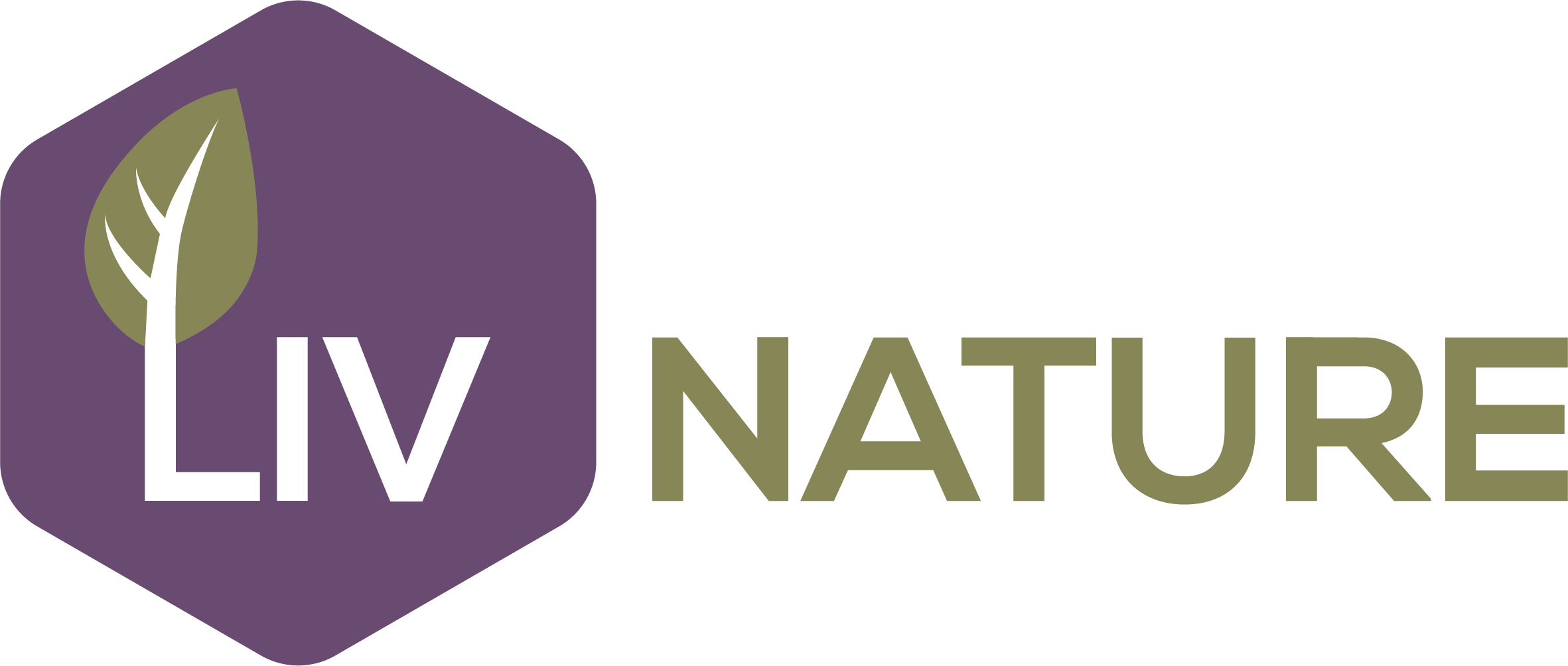
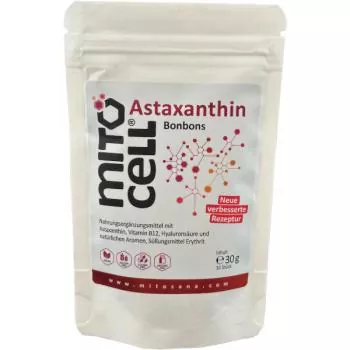
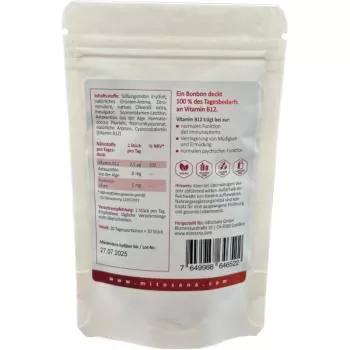
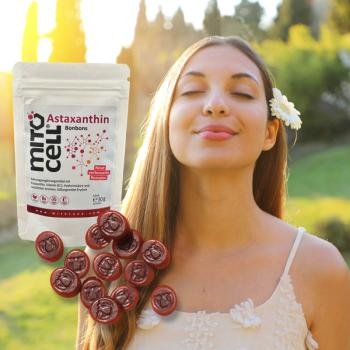
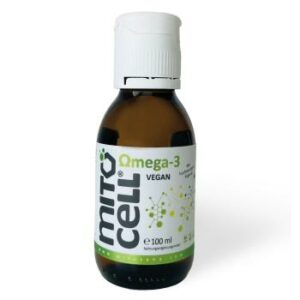
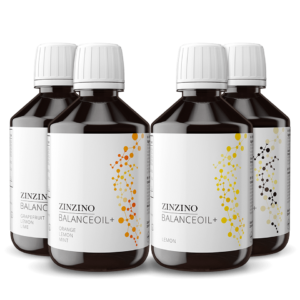
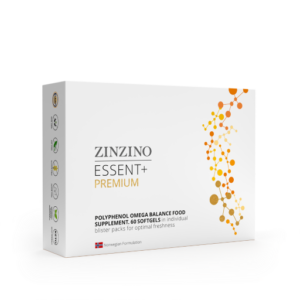
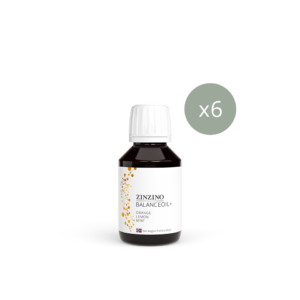
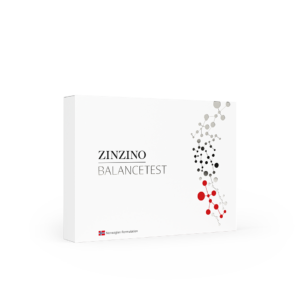
Bewertungen
Es gibt noch keine Bewertungen.